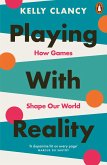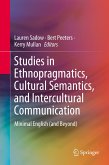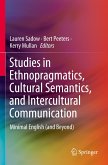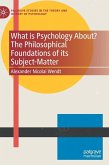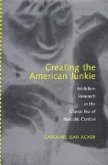This groundbreaking volume offers a rare scholarly resource: first-person autobiographical accounts from twelve foundational figures in the field of intercultural studies. These distinguished contributors Nancy J. Adler, Clifford Clarke, John Condon, Carlos Cortes, Alvino Fantini, Sandra Fowler, Robert Hayles, Stephen Rhinesmith, Fanchon Silberstein, Donna Stringer, Sivasailam Thiagarajan, and Michael Tucker reflect on the transformative experiences that shaped their careers and the evolution of interculturalism as a discipline.
Through richly personal narratives, the book traces how these pioneers synthesized insights from anthropology, psychology, sociology, communication, linguistics, and education to forge a new interdisciplinary field of inquiry and practice. These inspirational stories illuminate the intellectual and methodological foundations of intercultural work, offering critical insights into the development of theory, pedagogy, and applied practice.
With an introduction and conclusion by the editors that contextualize the field s emergence and contemporary relevance, this volume serves as both a historical archive and a forward-looking academic contribution. This book is an essential text for scholars, students, educators, and practitioners seeking to understand the roots and future of intercultural studies. It is a compelling case study in how lived experience can shape scholarly innovation and the many, varied paths leading to and within these twelve intercultural careers.
Through richly personal narratives, the book traces how these pioneers synthesized insights from anthropology, psychology, sociology, communication, linguistics, and education to forge a new interdisciplinary field of inquiry and practice. These inspirational stories illuminate the intellectual and methodological foundations of intercultural work, offering critical insights into the development of theory, pedagogy, and applied practice.
With an introduction and conclusion by the editors that contextualize the field s emergence and contemporary relevance, this volume serves as both a historical archive and a forward-looking academic contribution. This book is an essential text for scholars, students, educators, and practitioners seeking to understand the roots and future of intercultural studies. It is a compelling case study in how lived experience can shape scholarly innovation and the many, varied paths leading to and within these twelve intercultural careers.


